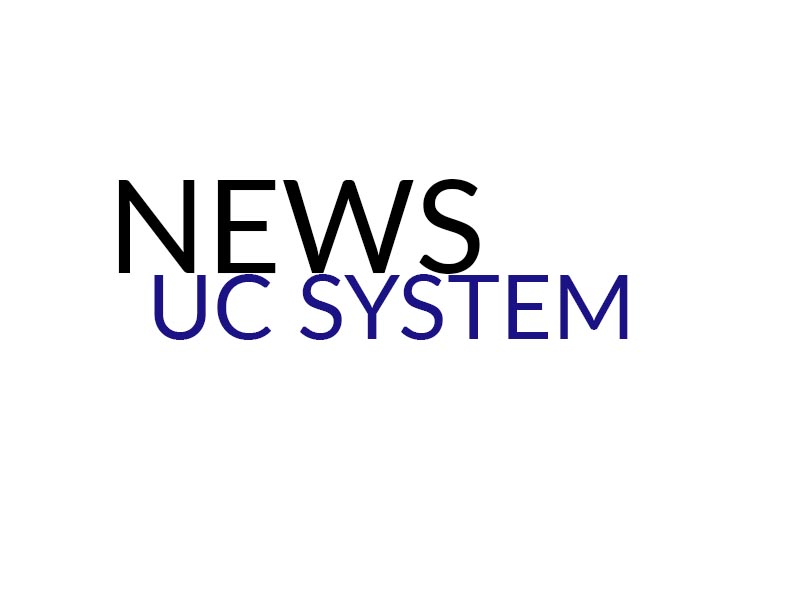The Coalition for Critical Asian American Studies wrote a resolution requesting services for Asian American students.
A.S. Council unanimously passed a resolution to increase campus resources for UCSD Asian-American students on April 30 with a vote of 24–0–0.
The resolution was introduced by members of the Coalition for Critical Asian American studies. During last Council’s meeting, CCAAS presented an open letter detailing racist events that have been occurring in the past several months at UCSD and UCLA, along with a list of demands that entailed the creation of an Asian-American studies program at UCSD and the hiring of new faculty members to teach and advise students pursuing Asian-American studies.
Many members of the Coalition, along with unaffiliated UCSD students, spoke out about their encounters with the Asian-American courses. Thurgood Marshall College student Mariko Kuga talked about her experience in an Asian-American course and how more students should have the ability to experience it for themselves.
“I think it’s extremely empowering to be able to study Asian-American culture in an academic setting,” Kuga explained. “I think it’s really cool to be able to learn about my own people and struggles, and I wish that more students had the opportunity to do that.”
CCAAS was developed during Winter Quarter 2011 by a small group of students who were frustrated with the lack of Asian-American resources on campus. In 2013, Asian-Americans comprised 49.5 percent of the UCSD undergraduate population, according to the 2012–13 undergraduate student profile.
Throughout the meeting, Coalition member Irving Ling expressed his frustration with the lack of resources that are funneled into the Career and Psychological Services to address the needs of the Asian/Asian-American/Pacific Islander student population.
“This is not to bash CAPS, but they’re short-budgeted,” Ling said. “We produced an Asian/Pacific Islander resources lifebook … and the first thing that comes out of the staff member’s mouth is ‘We don’t have resources for your community,’ and I wasn’t even asking them for money.’”
Ling said in an interview that the API lifebook is a resource guide for incoming freshmen and transfer students. Students and staff spearheaded the project; however, it was continuously stalled by the lack of administrative support.
Ling said that the resolution will reaffirm the community’s support of students for the creation of Asian-American Studies and the establishment of increased campus resources for Asian-American and Pacific Islander students at UCSD.
“As we continue to collaborate with students, staff, faculty and administration affecting these changes on campus, the resolution will continue to be a representation of student voice in the process,” Ling said.









